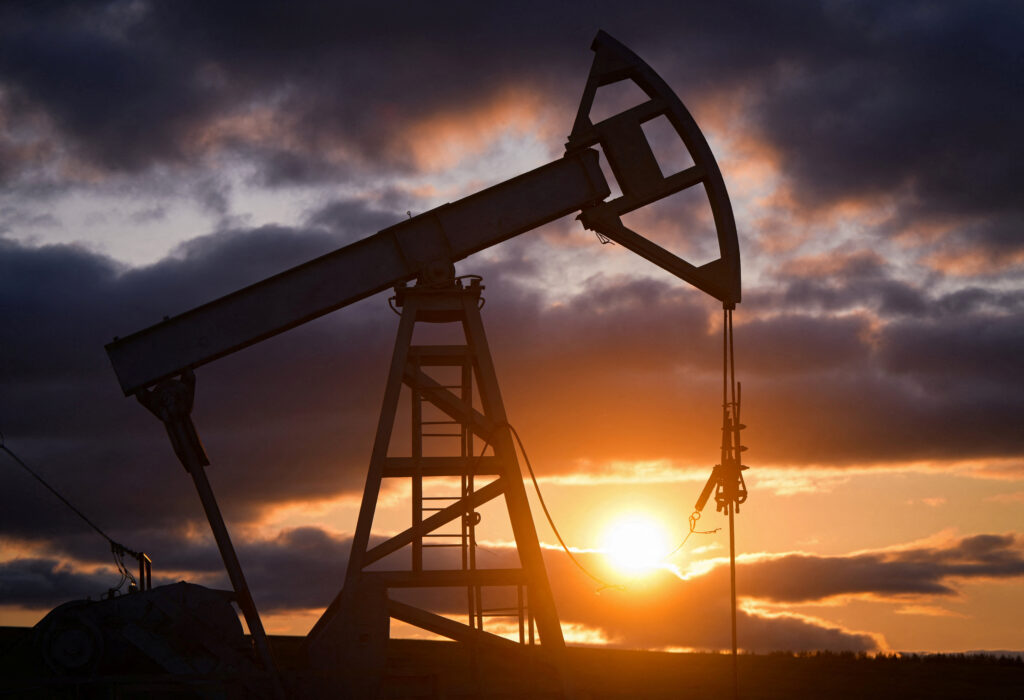
The rise in oil prices following potential military action against Iran’s oil industry comes at a pivotal moment for the global economy. The 5% spike in prices, largely driven by concerns over U.S. support for Israeli strikes on Iran, highlights the fragility of global energy markets, particularly amid heightened geopolitical tensions. Iran, as a significant oil producer, plays a vital role in global oil exports, especially to major economies like China.
While oil markets have remained somewhat stable compared to the dramatic price surges seen during Russia’s invasion of Ukraine, the current crisis could have significant implications. If violence escalates, especially in areas like the Strait of Hormuz—a crucial chokepoint for global oil and gas shipments—the disruption could severely affect both the energy supply and global prices.
Such a scenario could lead to higher energy costs, pushing inflation back up just as central banks were making progress in controlling price hikes post-pandemic and during the Ukraine war. The ripple effects would be felt globally, even beyond the immediate areas of conflict, with potential price spikes in gas, electricity, and consumer goods.
Bank of England Governor Andrew Bailey’s concern underscores the serious economic risks this escalation presents, with central banks worldwide likely to reassess their strategies if oil prices continue rising. The G7’s efforts to moderate the situation may also indicate the delicate balance policymakers are trying to maintain to prevent further shocks to global inflation and economic recovery.






